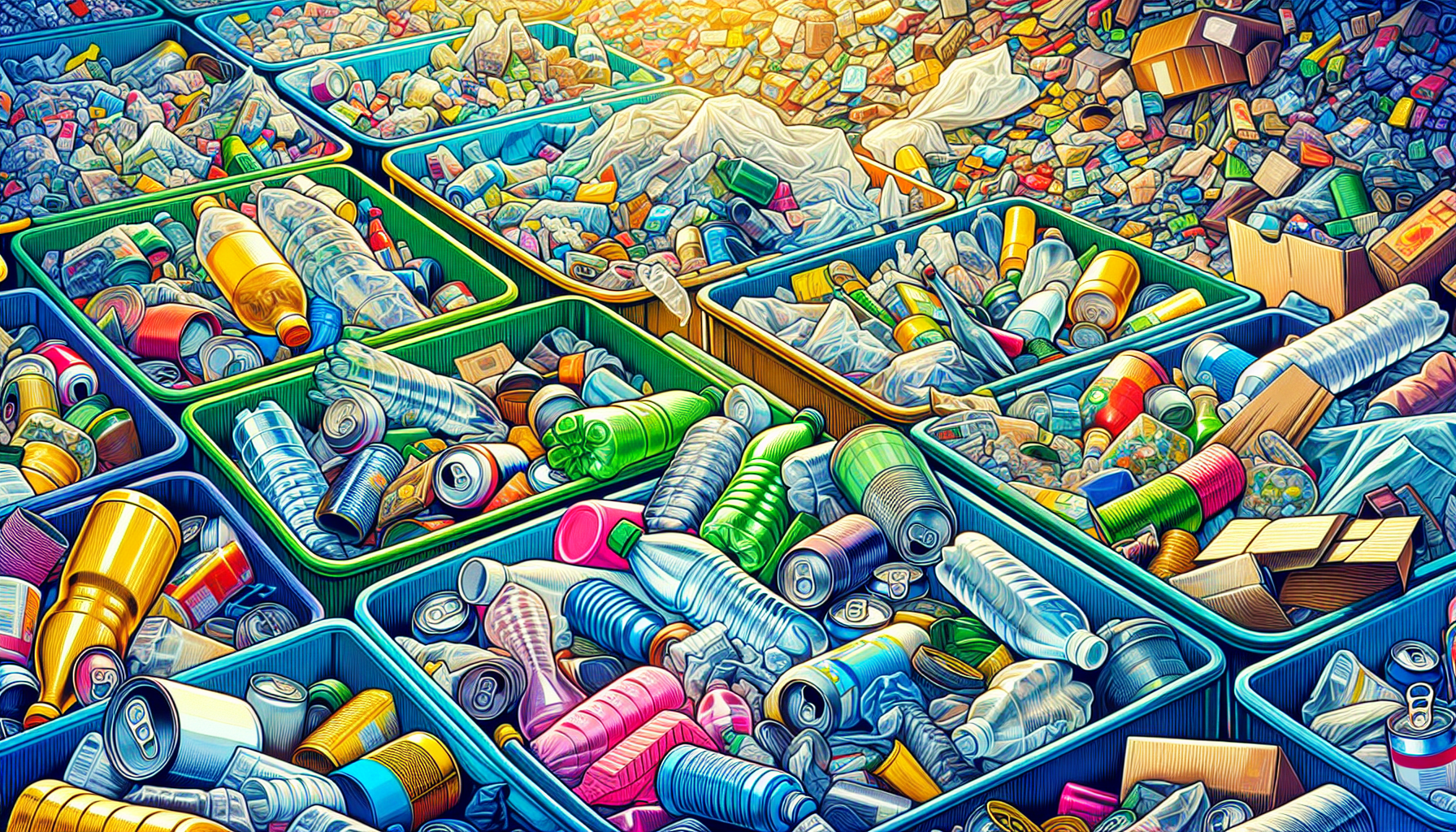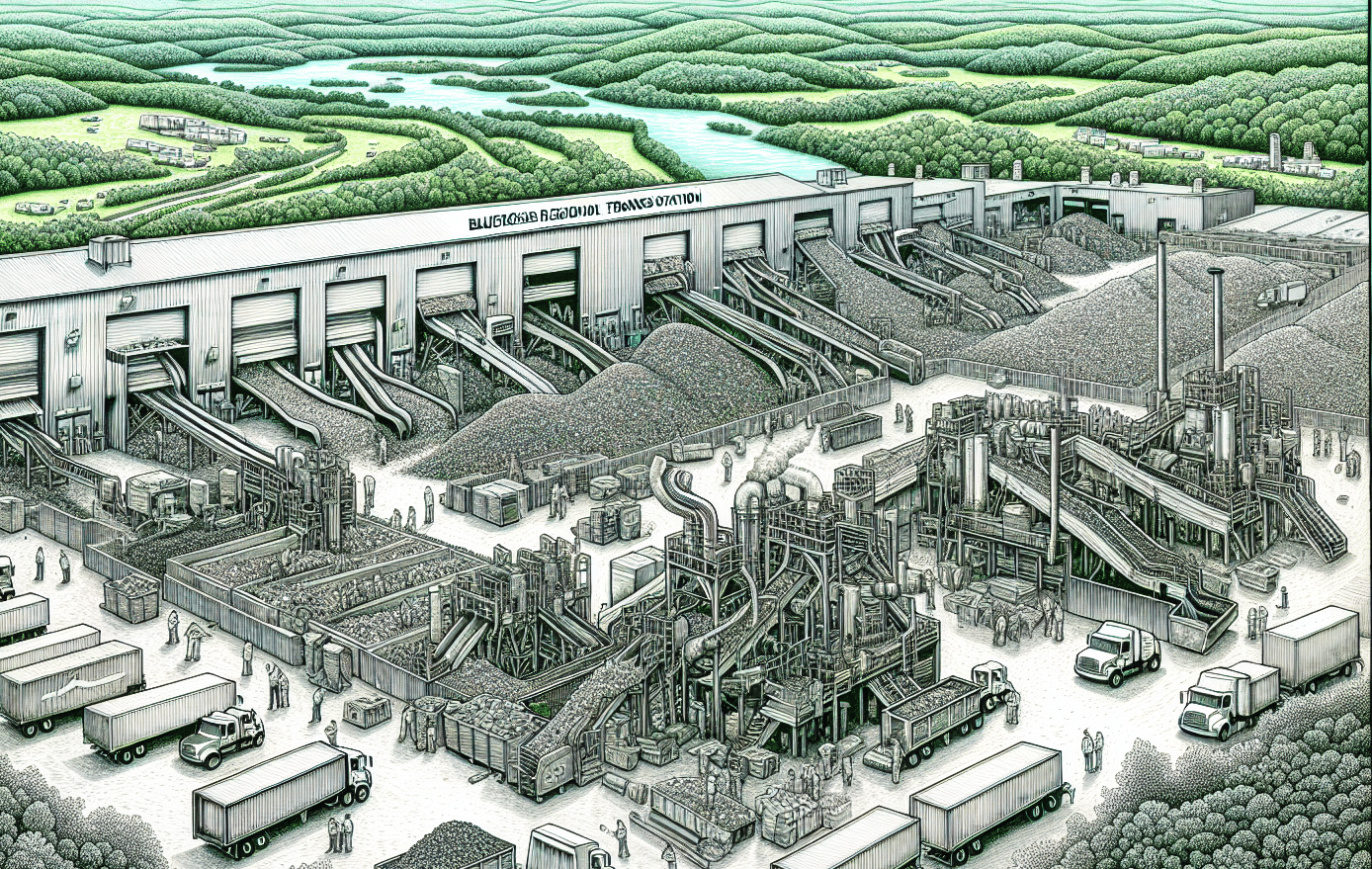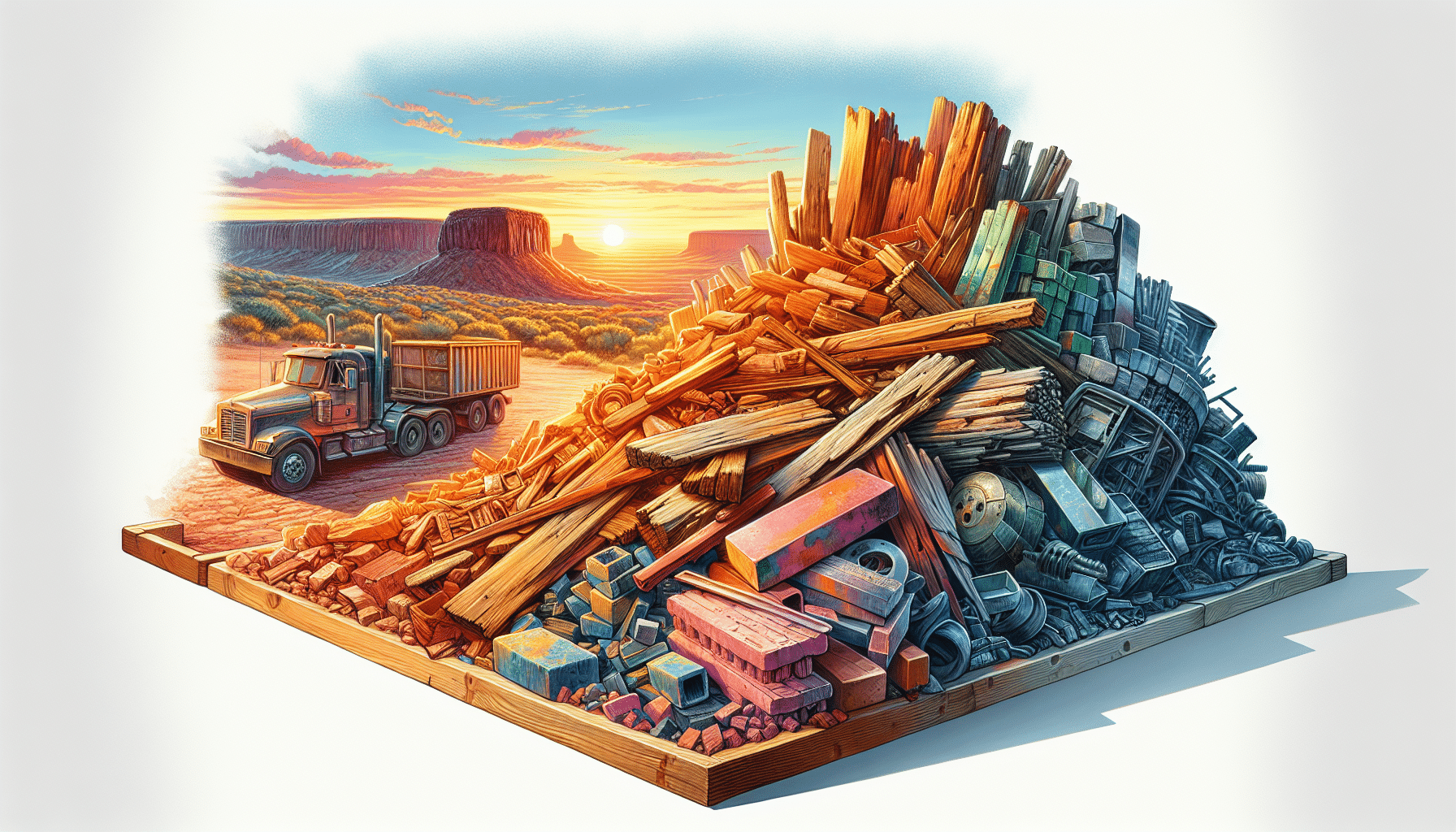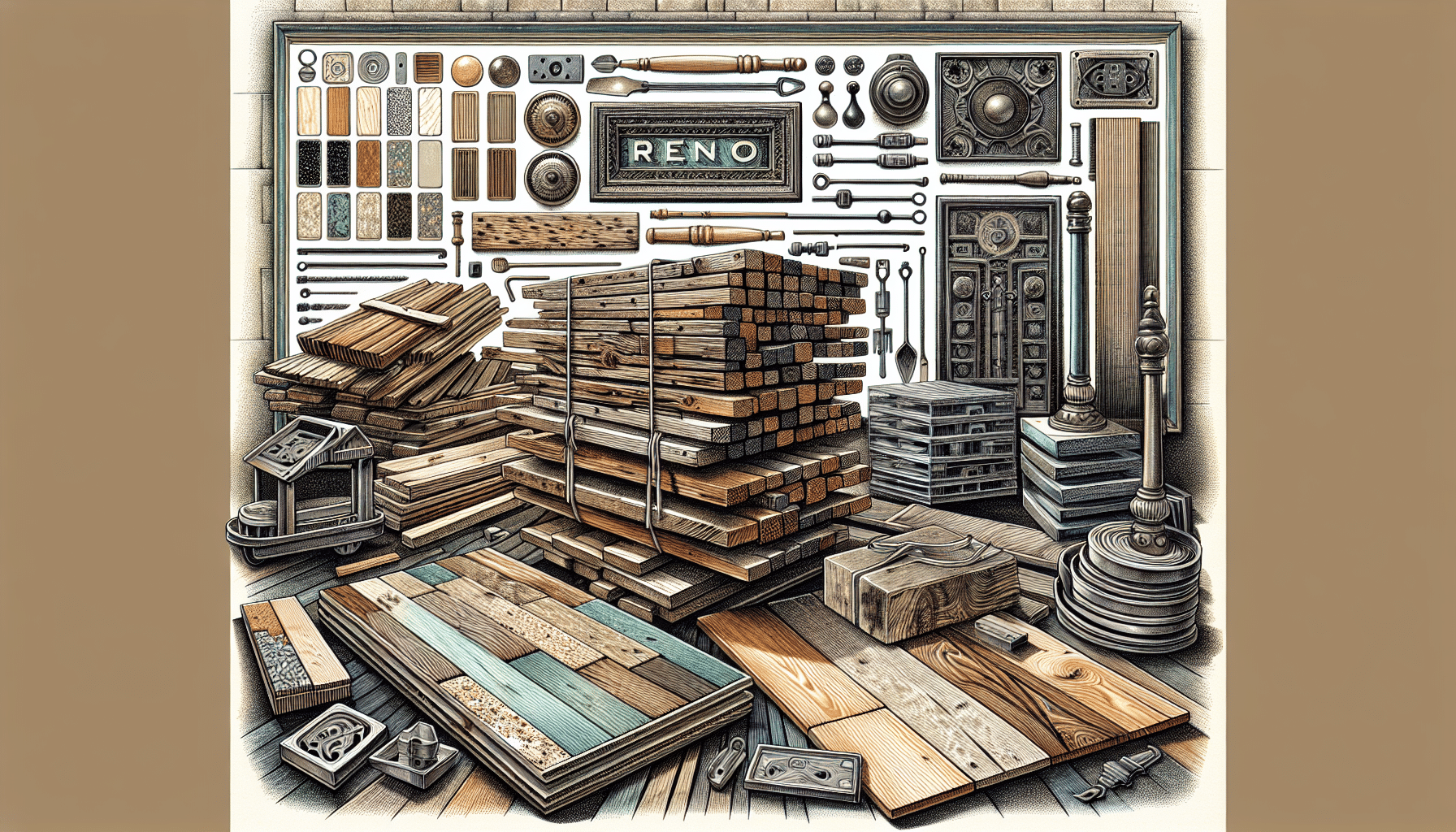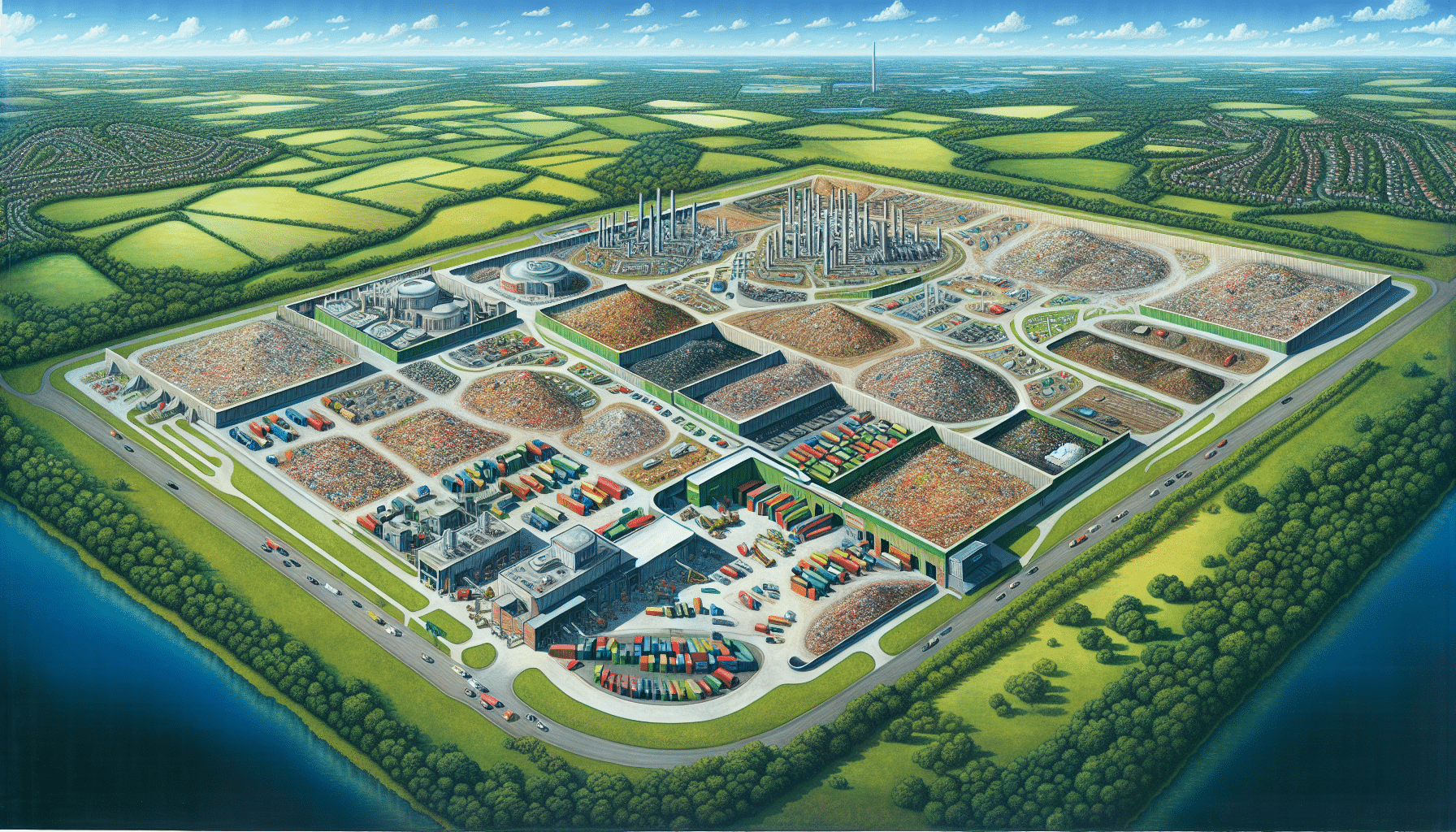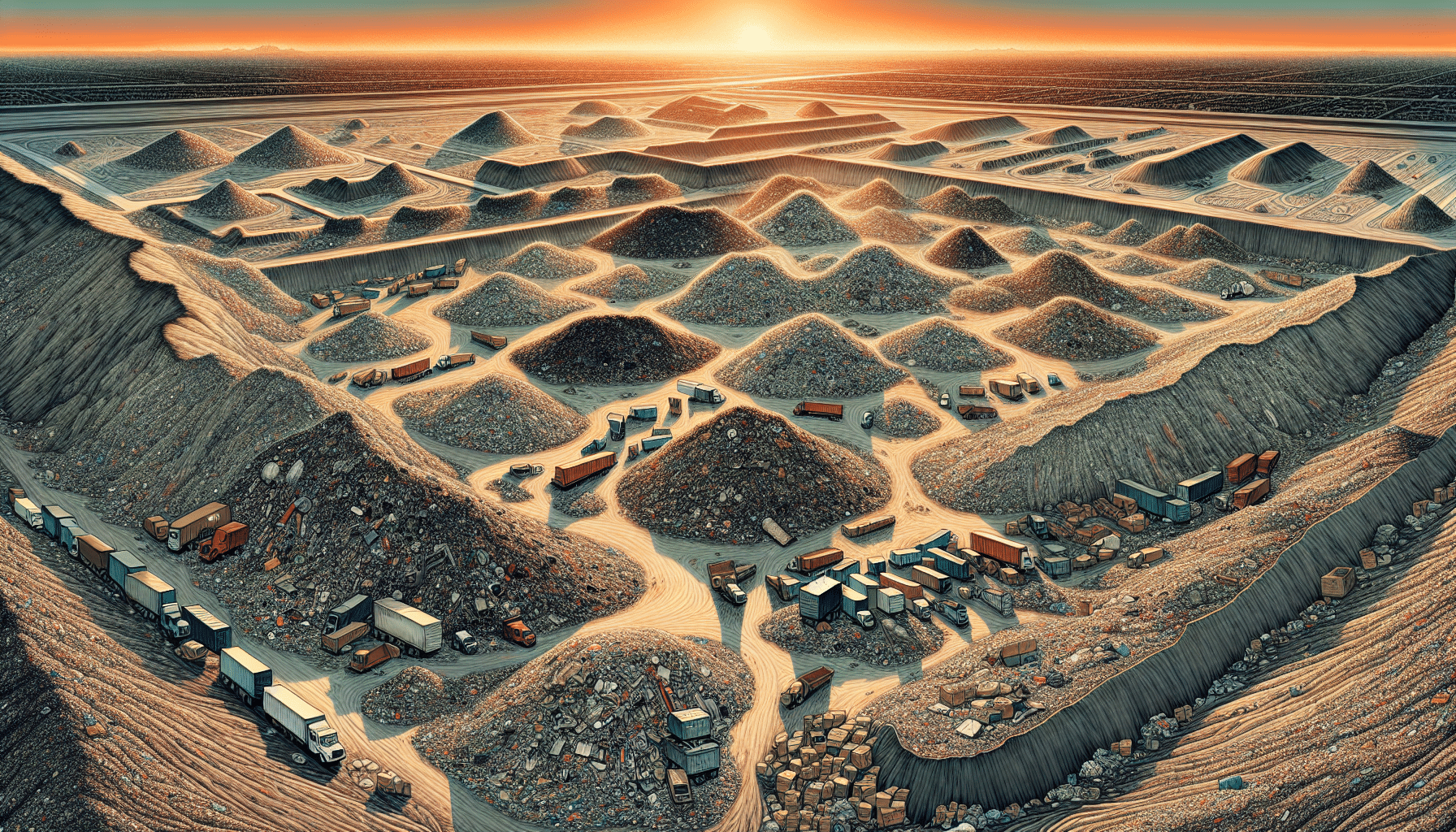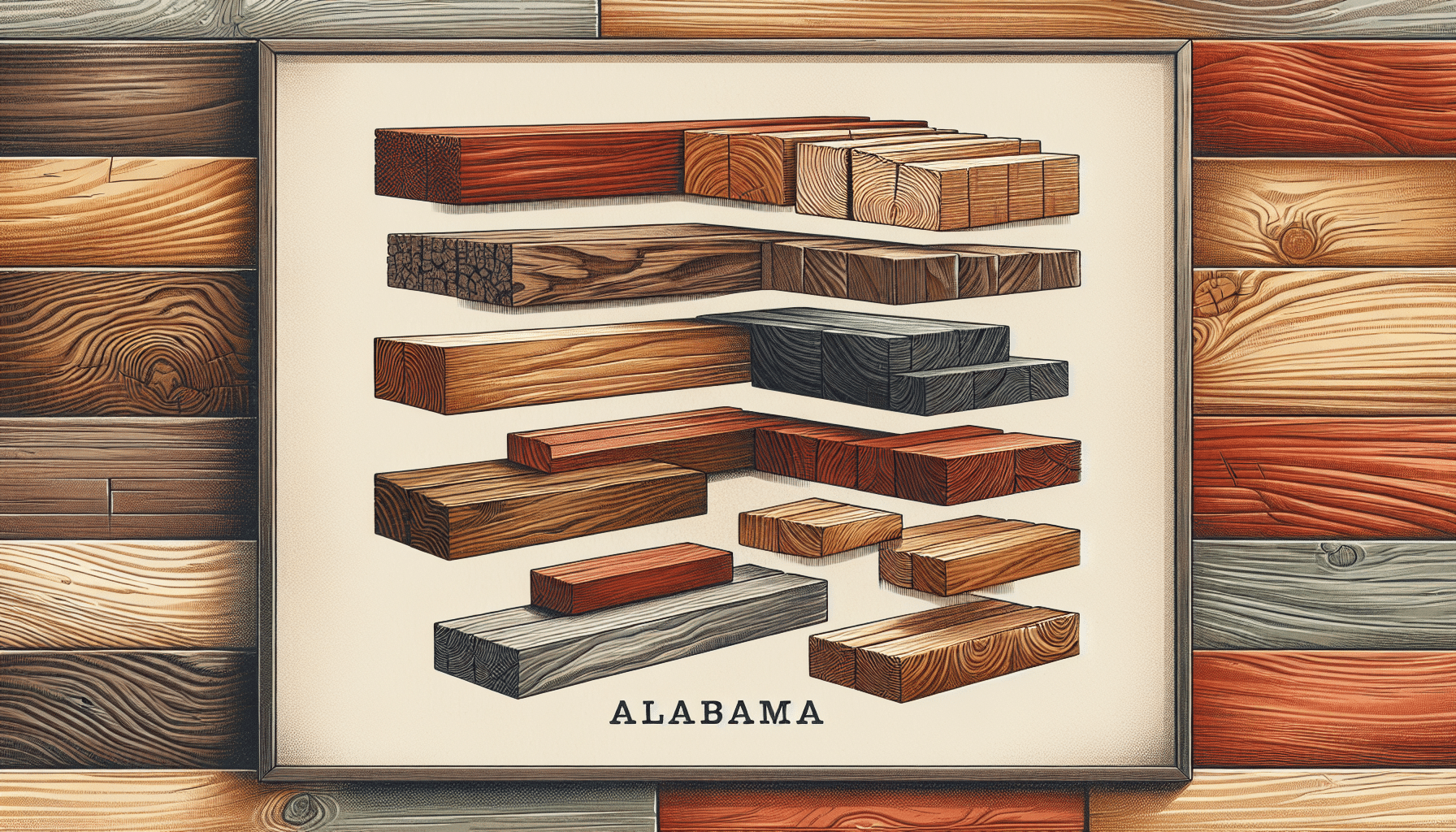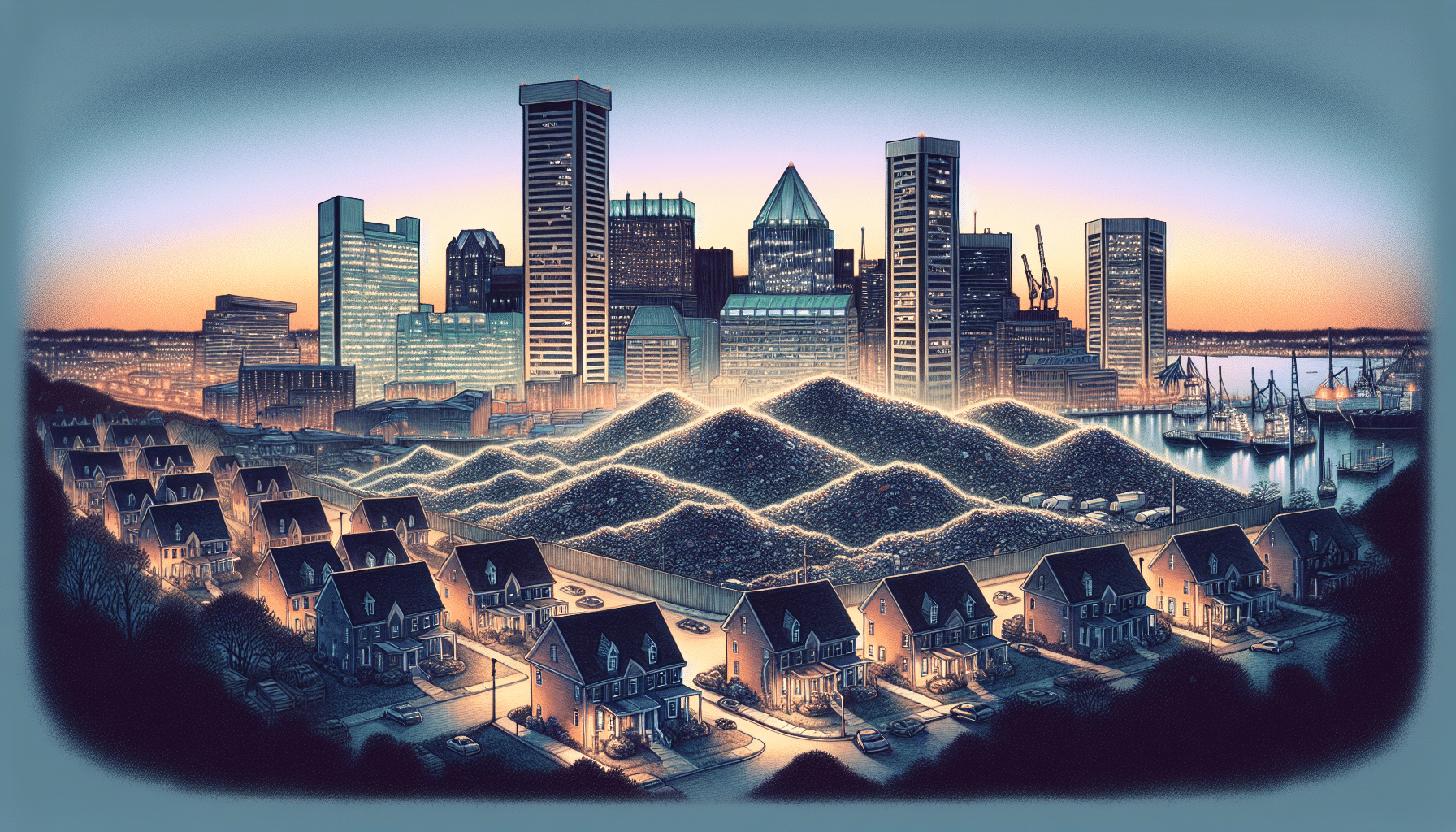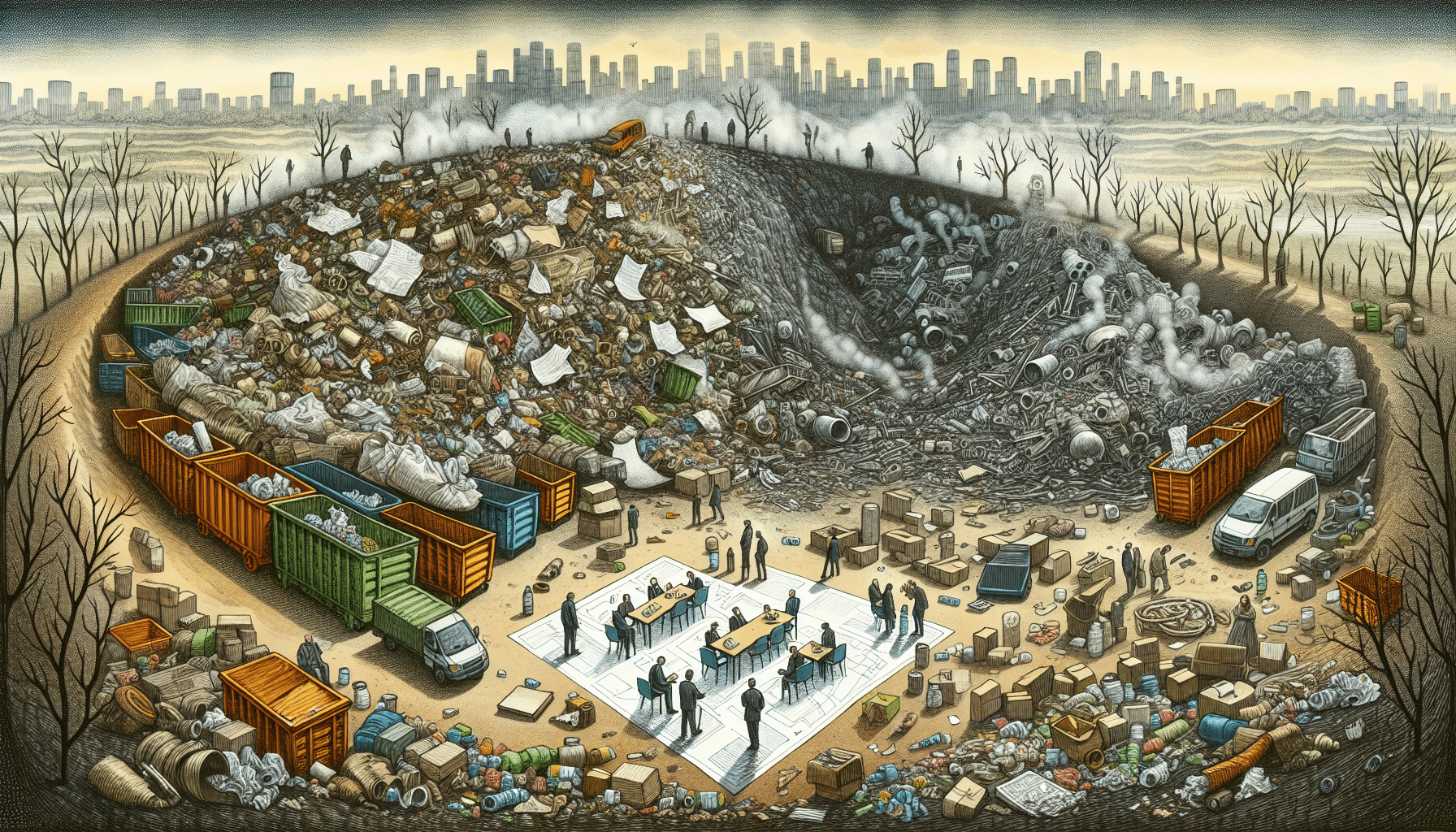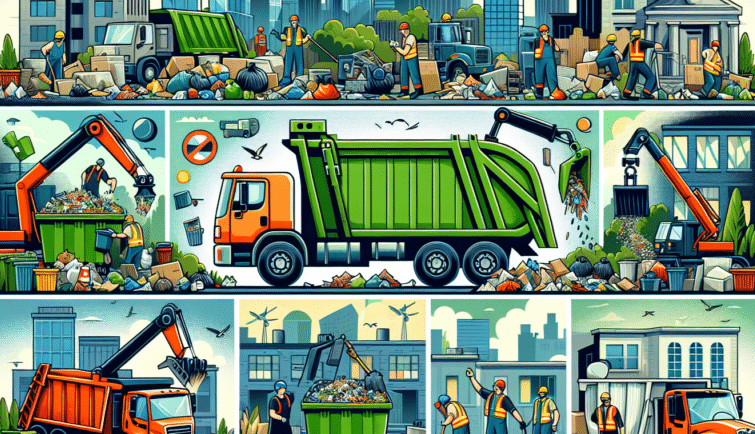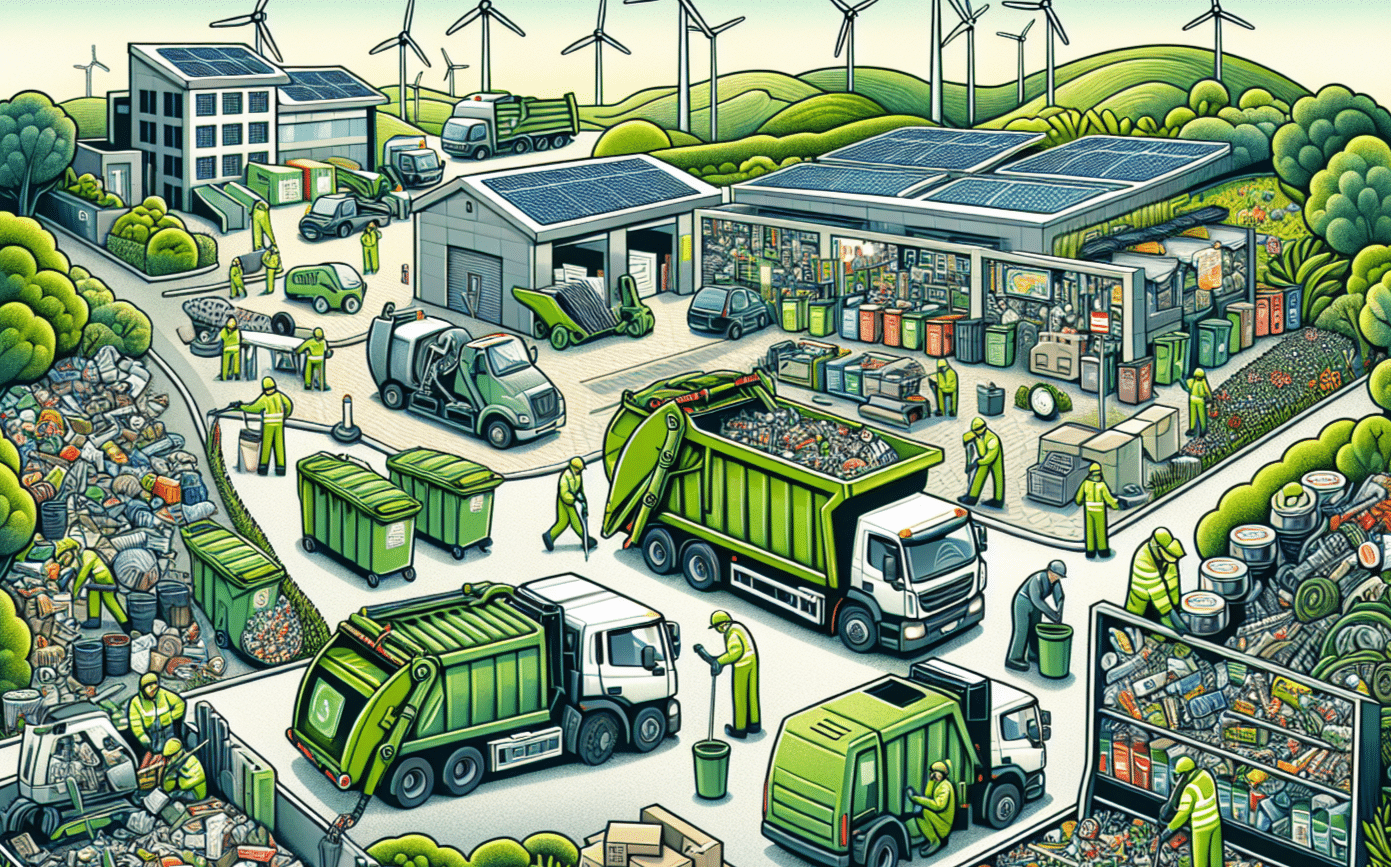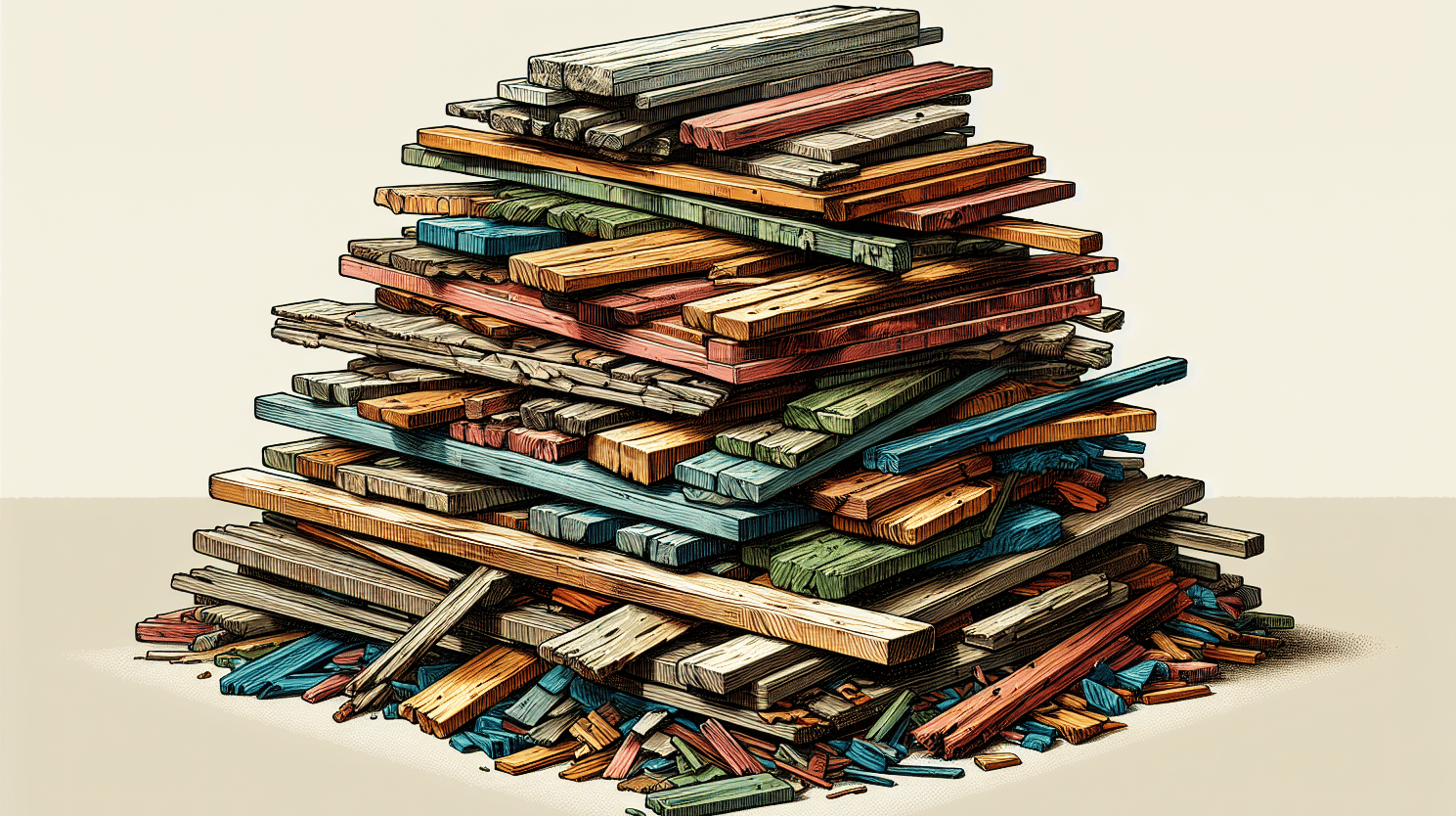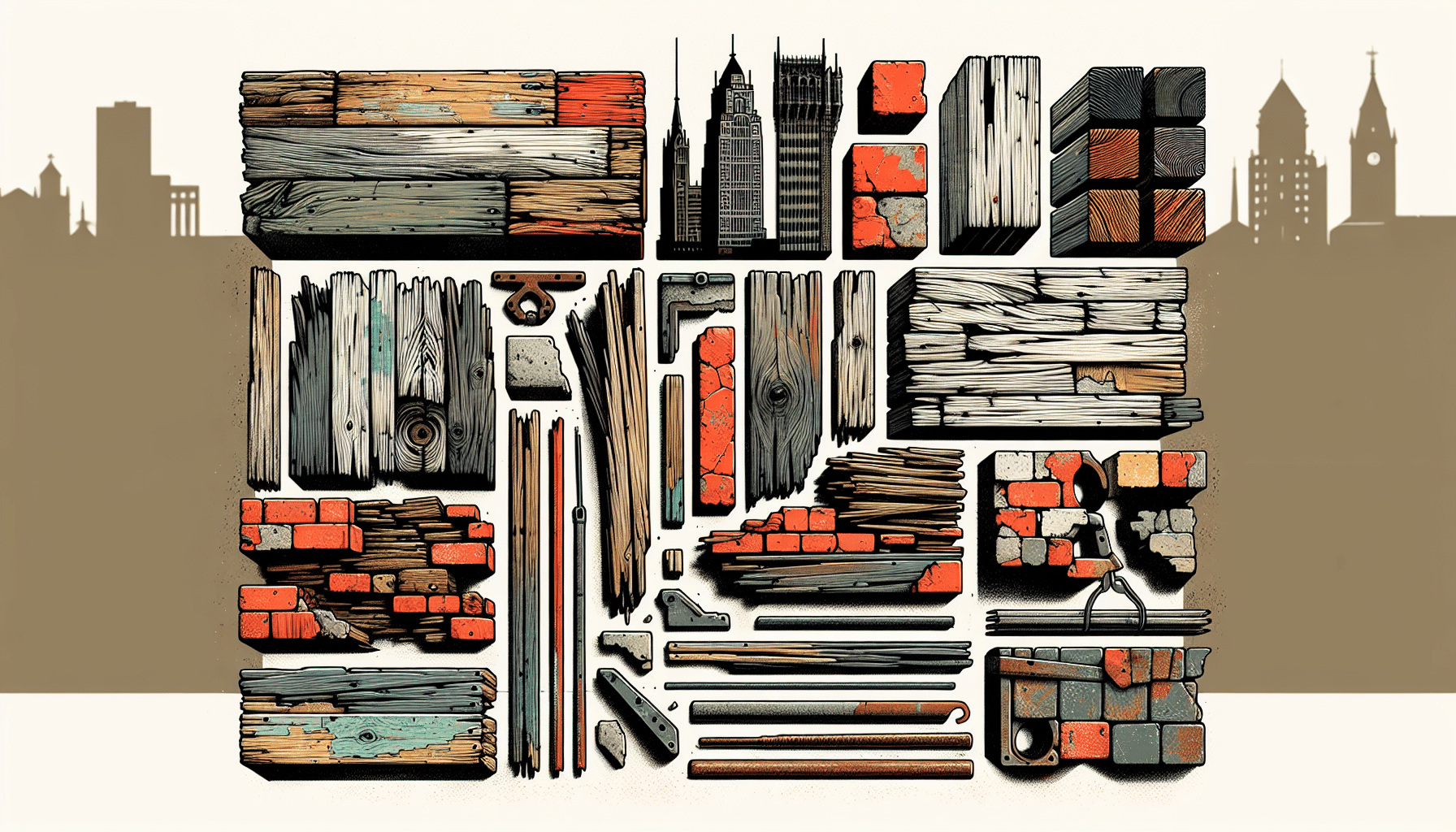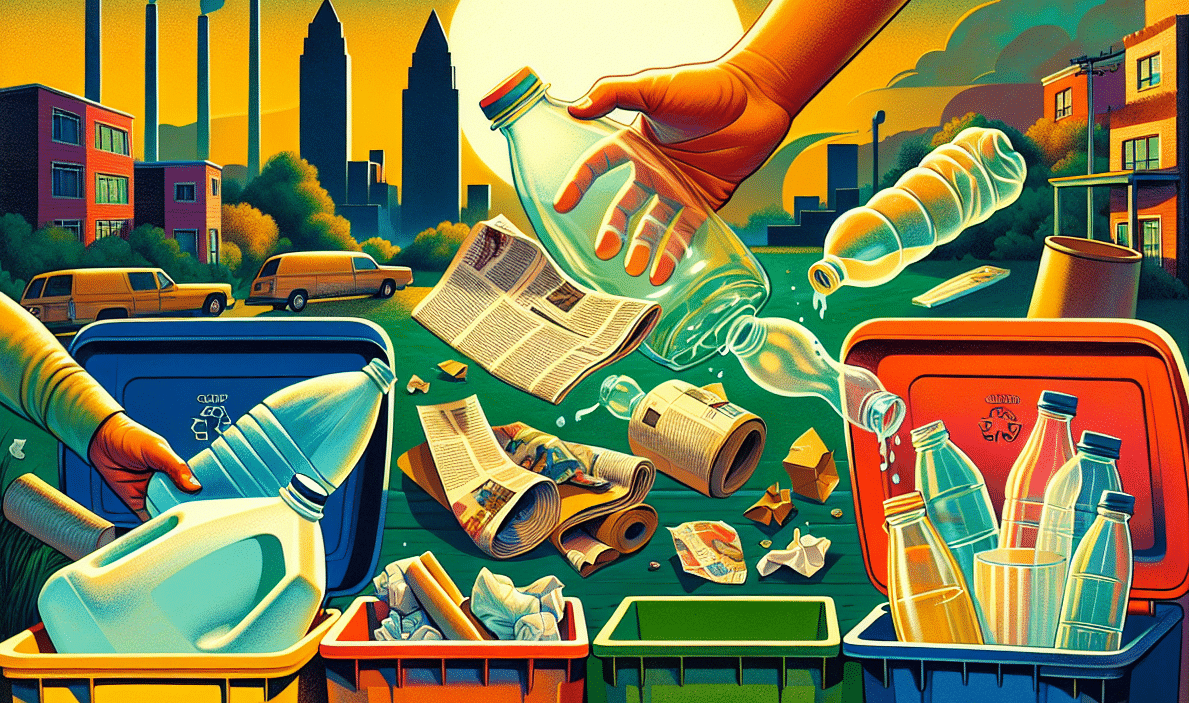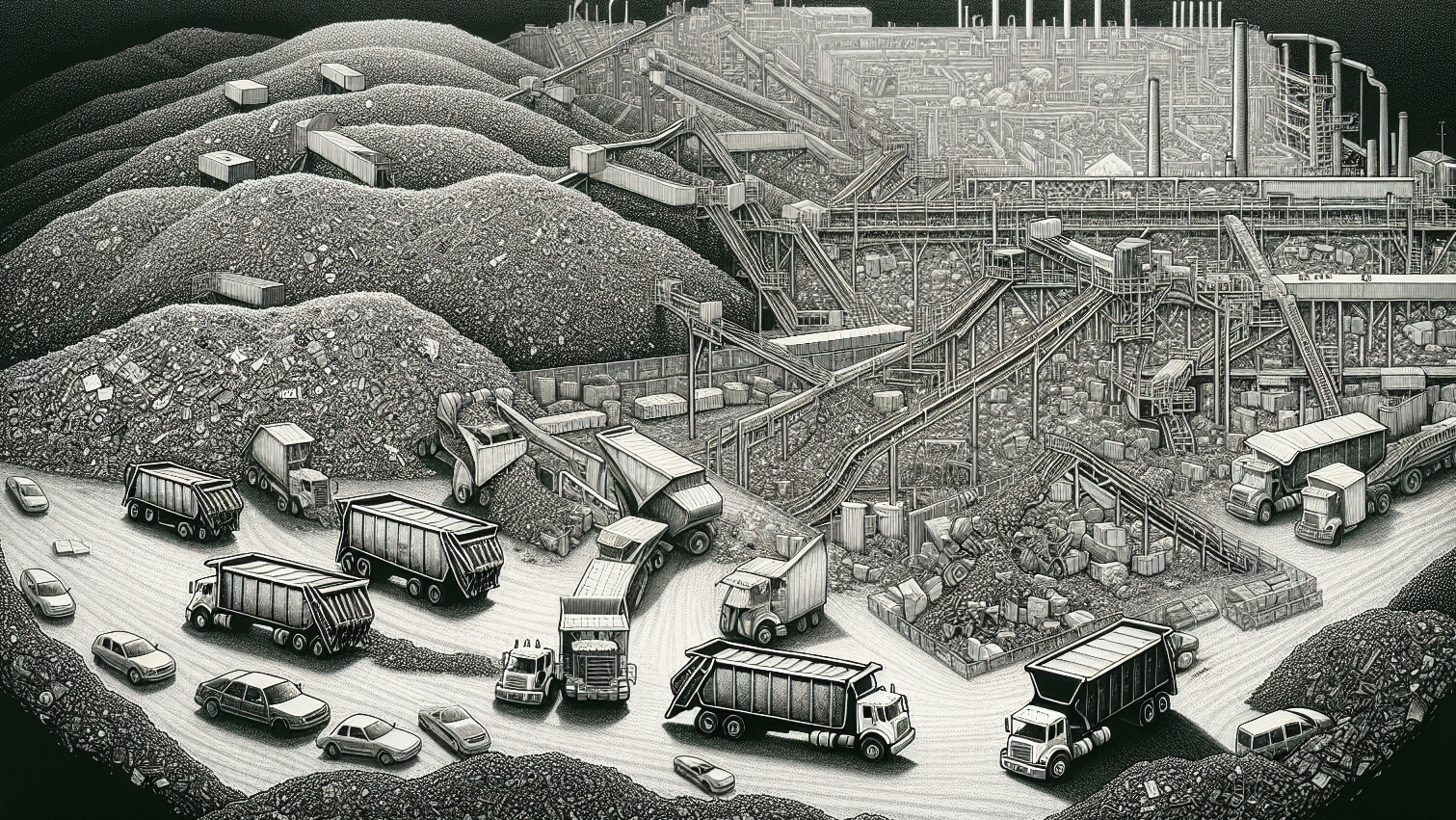Want to recycle your old electronics? Best Buy’s electronic recycling program makes it easy. From TVs to small appliances, discover what you can recycle and how to do it effectively with Best Buy.
Key Takeaways
- Best Buy’s recycling program accepts a wide variety of electronics, including TVs, computers, small appliances, cell phones, and even floppy disks.
- You can recycle your old electronics at any Best Buy store or use their mail-in option. Make certain to wipe personal data from your devices before recycling.
- Best Buy offers specialized recycling programs for appliances, batteries, and cables, and has recycled over 2.7 billion pounds of e-waste since 2009.
What Electronics Can You Recycle at Best Buy?
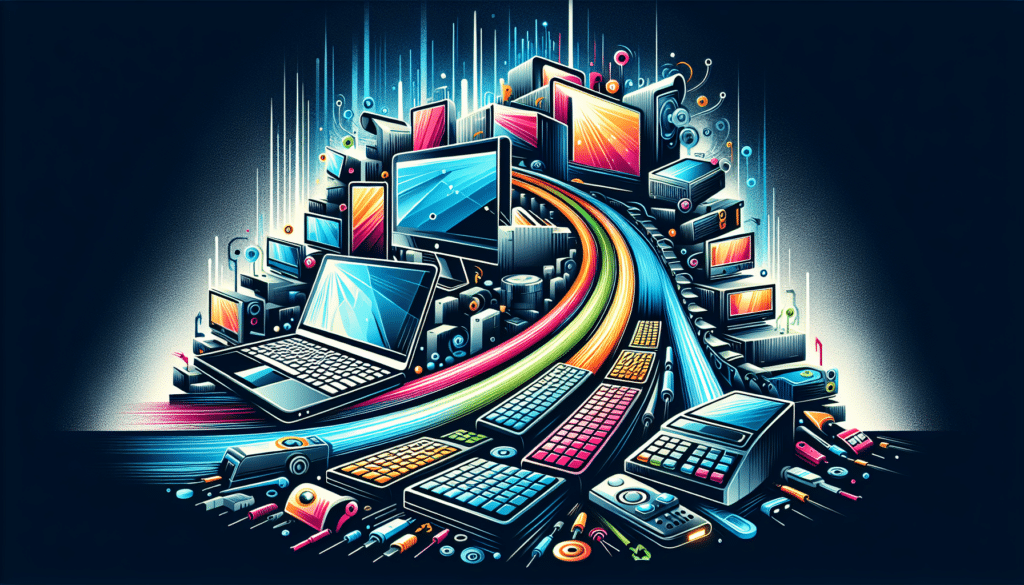
Regardless of the brand or purchase location, Best Buy is ready to help you recycle your old electronics. This includes everything from webcams, cellphones, speakers, printers, hard drives, and outdated televisions or computer monitors. No matter what kind of tech you have lying around, Best Buy’s recycling program is ready to help you dispose of it responsibly and sustainably.
How to Recycle Your Old Electronics at Best Buy
]The process of recycling your old electronics at Best Buy is an uncomplicated one. Simply bring your items to any Best Buy store, regardless of where you bought them or how old they are. If you don’t have a Best Buy store nearby, they offer a mail-in recycling option, ensuring their services are accessible from anywhere. This option is particularly useful for those rural areas where electronic recycling options might be limited.
Prior to disposing of your devices, ensure all personal data is wiped from the hard drives. This step is crucial to protect your privacy and ensure that your data doesn’t end up in the wrong hands. It is also a good idea to check with your local store for any specific requirements or fees associated with recycling certain items. With these simple steps, you can easily and responsibly dispose of your old electronics through Best Buy’s recycling program.
Special Recycling Programs at Best Buy

Along with regular electronic items, Best Buy also provides specialized recycling programs designed for the disposal of difficult items, such as large appliances and batteries. These specialized programs include Appliance Recycling and Battery and Cable Recycling, both designed to handle items that require particular care during disposal. We’ll examine each of these programs in closer detail.
Appliance Recycling
Best Buy’s appliance recycling program includes the collection and proper disposal of major household appliances like refrigerators, washers, dryers, and ovens. One of the standout features of this program is the Haul-Away service. When you purchase a new major appliance from Best Buy, they offer to pick up and recycle your old one for free. This service makes it incredibly convenient to upgrade your household appliances while ensuring the old ones are disposed of responsibly.
Battery and Cable Recycling
Batteries and cables might seem insignificant, but they can accumulate and cause environmental harm if not disposed of properly. Best Buy accepts most types of rechargeable batteries and certain single-use batteries for recycling, as well as cables. By bringing these items to Best Buy, you can ensure they are recycled safely and correctly.
Benefits of Using Best Buy’s Electronic Recycling Services
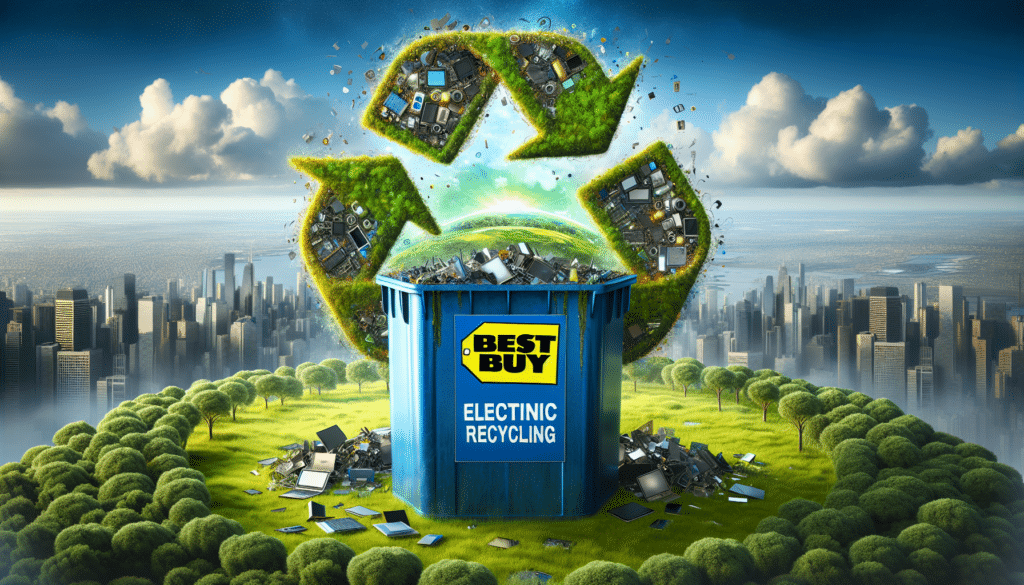
Besides being convenient, recycling electronics at Best Buy also greatly benefits the environment. Keeping old tech out of landfills is a significant step in reducing the e-waste that can harm our planet. By recycling your old electronics at Best Buy, you’re supporting their goal of reducing carbon emissions by 75% in their operations by 2030 and helping customers reduce their carbon footprint by 20% in the same timeframe. Ultimately, by choosing Best Buy’s recycling services, you’re contributing to sustainable practices and minimizing your environmental impact.
What Happens to Recycled Electronics?

At Best Buy, the recycling journey begins with collection and sorting. The collected items are then sent to certified recycling partners who handle further processing. These partners start by wiping any remaining data from devices, ensuring your information is secure. Next, they determine whether the product can be repaired, repurposed, or if it needs to be recycled. If the product is beyond repair, it is disassembled, and components are separated based on material type.
Valuable materials such as metals, plastics, and glass are extracted for reuse, while non-reusable components are disposed of following strict environmental guidelines. Hazardous materials are also handled with care to prevent environmental contamination. This meticulous process ensures that your old electronics are dealt with responsibly from start to finish.
Tips for Preparing Your Electronics for Recycling
Proper preparation of your electronics is vital before you drop them off for recycling. The first step is to ensure all data is completely erased to prevent identity theft or data misuse. Different devices have different methods for data erasure, so be sure to look up your device’s factory reset options before donating your electronic devices. If you’re particularly concerned about data recovery, consider using a secure erasing tool to overwrite data multiple times or physically destroying the hard drive. These steps will ensure your personal information remains safe.
Locations and Availability
Best Buy’s recycling program offers remarkable convenience for customers across the United States. While the recycling services are generally offered at most Best Buy locations, it’s always a good idea to contact your local store for specific hours and conditions. Some stores might have variations in accepted items or operating hours, so a quick call can save you time and ensure a smooth recycling experience.
Commonly Asked Questions About Best Buy’s Recycling Program
Several queries often arise about Best Buy’s recycling program. One common question is about item limits. Best Buy typically allows customers to recycle up to three items per household per day. Another frequent query is about potential fees. While most items like batteries, cables, and ink cartridges can be recycled for free, there may be charges for larger items such as TVs and monitors. It’s a good idea to visit the Best Buy website or call your local store to confirm any potential fees or conditions before you bring in your items.
Summary
Recycling electronics at Best Buy is a simple and effective way to declutter your home while protecting the environment. From a wide range of accepted items to special recycling programs for appliances, batteries, and cables, Best Buy makes it easy to dispose of your old tech responsibly. By choosing to recycle your electronics through Best Buy, you’re supporting their environmental goals and contributing to a more sustainable future. So, gather up those old gadgets and head to your nearest Best Buy store.
Frequently Asked Questions
What types of electronics can I recycle at Best Buy?
You can recycle TVs, computers, phones, small appliances, and even floppy disks at Best Buy.
How do I recycle my old electronics at Best Buy?
You can easily recycle your old electronics at any Best Buy store or mail them in if there’s no store nearby, just check for any fees.
What are the special recycling programs at Best Buy?
Best Buy has special recycling programs for appliances, batteries, and cables to ensure responsible disposal.
Are there any fees for recycling electronics at Best Buy?
Yes, some larger items like TVs and monitors may have recycling fees at Best Buy, so it’s a good idea to check with your local store before bringing them in.
What happens to my electronics after I recycle them at Best Buy?
Your electronics are processed by certified partners to wipe data, disassemble devices, extract reusable materials, and safely dispose of hazardous components.






































































